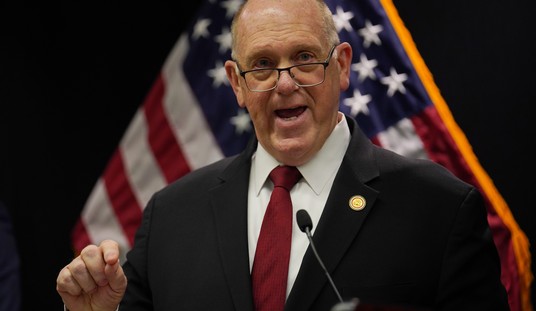As we discussed earlier this week, there is now a thriving market for fake CDC vaccination cards and it only seems to be growing. We began reporting on this phenomenon back in April when it had already become obvious that people were going to find a way around all of the new government mandates, even if they had to break the law (or at least bend the rules) to do so. But should the government have seen this coming even earlier? Perhaps even before the vaccines received emergency approval from the FDA for general distribution? That’s the case that J.D. Tuccille seems to be making at Reason this week, arguing that the emergence of these fake documents was actually “inevitable.” And the reason for that just comes down to human nature.
[A] lot of people are hesitant about the vaccine, or else just don’t like being told what to do. The CEO of Snap-On told the Wall Street Journal that his company rejected mandates for fear of angering workers. Instead, the tool company offers incentives for getting vaccinated, including time off. Other companies pay bonuses for vaccination rather than tick-off people on whom they rely—Walmart offers $150 for getting a shot, while steelmaker Cleveland-Cliffs sweetens the pot with four figures.
That’s creative thinking, because ticked-off people resistant to vaccines or just resentful of mandates fuel the black market for vaccination documents. A recent Associated Press investigation found bogus vaccination certificates for sale across social media and on dark web sites for as little as $25. The main customers to-date appear to be college students satisfying school requirements before registering for classes, but more mandates from employers and governments can only mean increased demand.
The latest surge in demand for fake immunity passports appears to be coming from college students, as Tuccille points out. That makes sense because they are in the midst of preparing to head back to campus (if not already on the way) and a lot of colleges and universities are requiring proof of vaccination for in-person learning. College students who are only first emerging into the adult world and away from their parents’ control can be a stubborn lot and flouting the rules comes naturally to many.
If you tell college students that they can’t buy beer until they are 21, many will immediately seek out a fake ID. If you tell them they can’t come on campus without an immunity passport, those who are resistant to the idea of taking the new mRNA vaccines will try to find a way around that as well. And young, healthy people are generally the most likely to not be worried about catching COVID (for good reason) so I agree that this was probably inevitable, particularly on college campuses.
It’s not as if the governments setting up these passports are doing themselves any favors. The documents are ridiculously easy to forge and the fancy apps such as New York’s Excelsior Pass have already been shown to accept forged cards and deliver a green checkmark. But you don’t even need a forgery in some cases. A reporter in New York recently went to sign up for the NYC Covid Safe App and got it to accept a menu from a barbeque restaurant as proof of vaccination.
The vaunted Excelsior Pass I mentioned above apparently isn’t much better. One tech expert in this field tested the system and found it easy to spoof with very little effort.
“I forged it in 11 minutes,” Albert Fox Cahn, executive director of The Surveillance Technology Oversight Project, warned in April about New York’s much-ballyhooed Excelsior Pass. “Not only do the security promises of New York’s Excelsior Pass fail to hold up to scrutiny, but the tracking tech raises an alarming array of public health, equity, and civil rights questions that remain unanswered.”
At this point, we’re not really even talking about the safety or effectiveness of the vaccines anymore. Why should people comply with or put any faith into these immunity passport systems if they are so easy to crack? Those who spoof the system are only going to think of it as even more of a joke while those who are earnestly worried will lose faith in it. How are they supposed to feel “safe” in a crowded lecture hall if half of the people in there could still very well be unvaccinated? It’s a pity that all of this was so predictable and yet the government (at all levels) has allowed the situation to spiral out of control, angering many people and disappointing the rest.








Join the conversation as a VIP Member